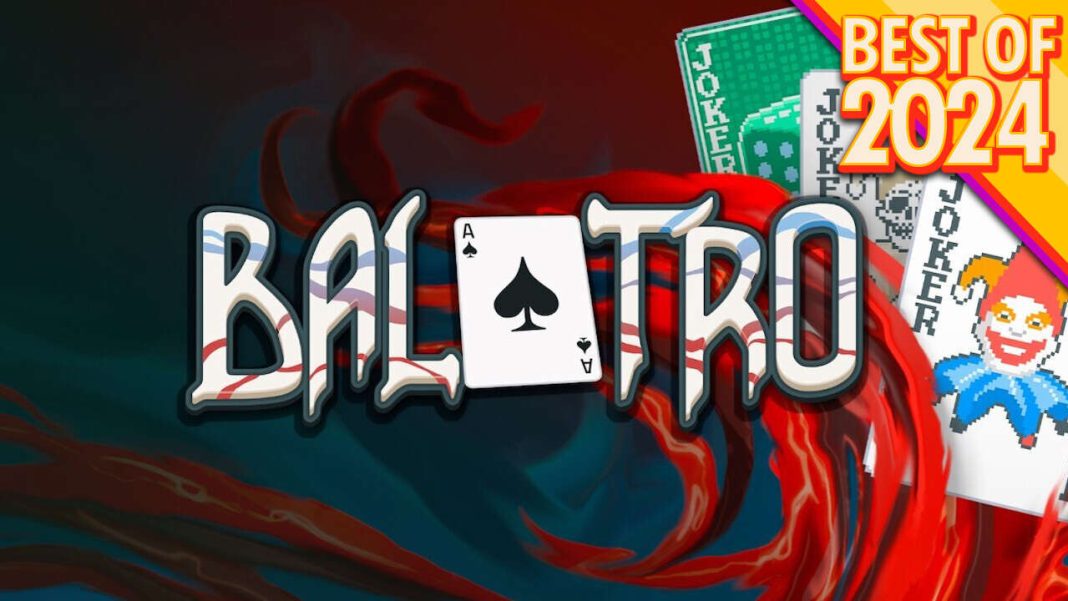In Balatro, when all the Jokers align just right, it feels like you’ve unlocked an easy mode for the game.
In this game and others like it, such perfect runs are rare treasures. Most of the time, you’re just scraping by, barely surviving each round by the skin of your teeth. Every opportunity to earn extra chips or multipliers becomes crucial, as without them, your run might crash. Balatro shines because it allows players to decide their fate, making both strategic battles and overpowered victories equally thrilling.
Balatro gives you a say in your destiny
Unlike many roguelikes where your path is often dictated by chance, Balatro lets you weigh risks and rewards at every turn. Each round, you can skip two of the three blinds, missing out on cash or shop visits but gaining other rewards. These might be new cards or a Joker with unique properties, though never a specific Joker. This uncertainty means you have to adapt to whatever Jokers you end up with.
One deck I enjoy is the Plasma deck, which combines your chips and multiplier, turning them into a powerful combo. At first, it seems like a breeze, but the challenge quickly ramps up as your target score doubles. To keep up, you must boost your chips since it’s easier than upping the multiplier.
A foil Joker, which adds 50 chips per hand, can give you a quick score boost, even if it doesn’t fit your overall strategy. These are rewards you might find when skipping blinds, offering a lifeline when things get tough. Even if you need to discard it later, it buys you time to find better items in the shop.
Fans think it’s fun to take risks in games like these!
Balatro’s design forces you to rely on math rather than reflexes. You can’t dodge your way out of trouble; you must use what the game offers. This intentional design choice is reflected in how information is presented to you.
Every time you start a new round, you’re given loads of details: what scores you need, what you can earn by skipping blinds, and what the special conditions are. While the shop’s inventory is a mystery, you know there will be certain items available and have a rough idea of their costs and potential earnings.
This transparency helps you make smart choices, weighing immediate benefits against long-term goals. Even if the first Joker isn’t ideal, it might still offer a valuable multiplier. A foil Joker that adds chips can be a game-changer now, even if your deck focuses on pairs instead of straights. As you progress and the game introduces eternal Jokers or those that expire after five rounds, having all this info lets you craft scrappy yet effective runs.
With the limited influence Balatro grants, you learn to adapt swiftly. The cap on Joker slots makes each run dynamic. In many roguelikes, there’s no limit on powerful items, but in Balatro, you can easily discard unhelpful Jokers, allowing for more flexibility. A Joker that gains multipliers when played but loses them when discarded might seem good, but if you need to discard to win, it’s easy to swap it out at the next shop.
While these strategic runs may not boast astronomical scores, they bring their own satisfaction. Overcoming early setbacks, unfavorable Joker draws, and challenging blinds is a different kind of magic. Most of my Balatro time is spent on these runs, finding joy in cobbling together just enough of a strategy to survive, rather than giving up because the perfect setup eludes me.
This continuous loop of challenging yet achievable runs is why Balatro keeps players hooked. There’s always a sense that success is just around the corner, encouraging us to dive back in for another try. It’s that addictive quality that makes a roguelike truly special.
More Best Of 2024:

